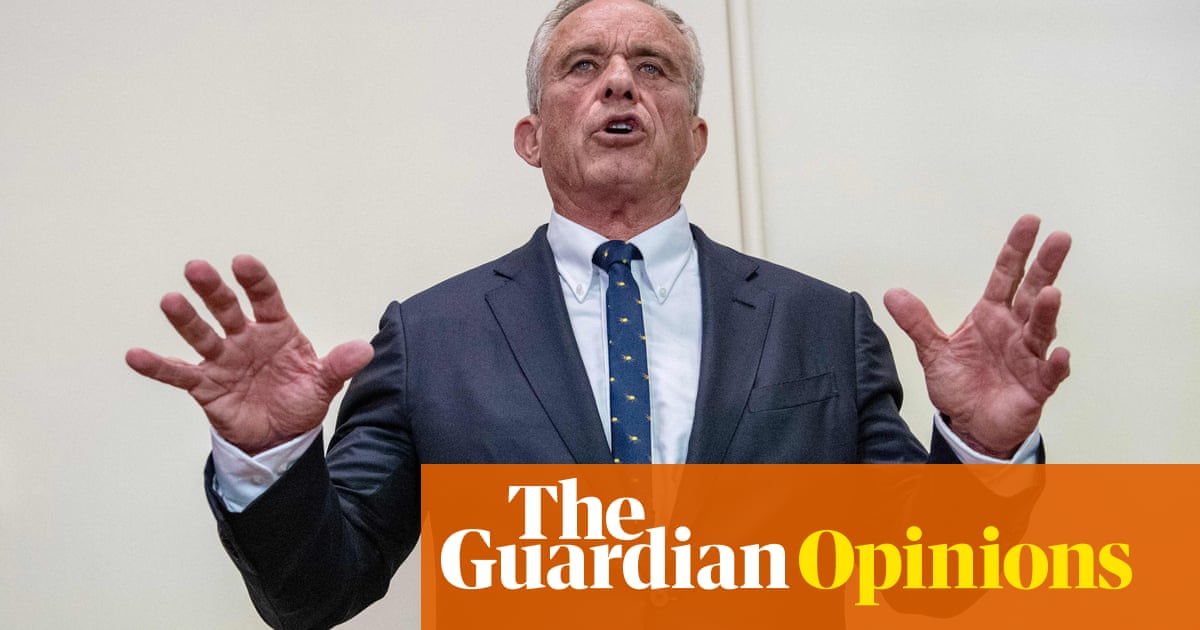
The perpetual regional dispute with Iran is often portrayed as a political row between Tehran and the governments of the Gulf states and Israel. But the biggest victims of vilayat-e-faqih — the doctrine that advocates a guardianship-based political system — and Iran’s Revolutionary Guard Corps (IRGC) includes states and governments beyond the Gulf.
Most of the people of Lebanon — more than any other Arab country — have suffered from Iran’s hegemony and abuses for a long time, including the Syrian occupation, which was part of the alliance between Tehran and Damascus. Hezbollah is merely an Iranian “police station” in Lebanon, performing the “duties” for which it was founded and financed.
Across the border, the people of Syria have had the greatest share of pain inflicted on them by Tehran. It has cost them more than half a million lives, and resulted in more than 10 million displaced people. Had Iran not intervened in the war, this tragedy would not have happened.
Iraq, too, has had its share of suffering. A year after the US invasion, Iran intervened on two fronts: Through support for the armed Sunni “resistance” and terrorist organizations brought from Syria to western Iraq, and through armed Shiite groups in the center and south.
Iraq’s continuous failure is partly due to the IRGC’s weakening of the country’s central authority, and its support for political forces and armed groups that reject the principle of the center’s sovereignty.
The people of Yemen are the latest victims of Iranian intervention, which ejected the government from the capital using armed groups brought from northern Yemen to rule via firepower and extremist ideologies. But those worst affected by the regime in Tehran are the Iranian people. More than 70 million have lived in a closed country run by militias since the 1979 revolution.
The situation in Syria can only be resolved by getting rid of IRGC chief Qassem Soleimani and his militias, and imposing a political solution that is supported both regionally and internationally.
Abdulrahman Al-Rashed
So the situation in the Arab Gulf states is not as bad as the aforementioned countries, even taking into account the few and relatively small restive groups in Bahrain, Saudi Arabia and Kuwait.
Lebanon will be among the first to benefit if Hezbollah is disarmed as a consequence of ending Tehran’s influence. This will ensure Lebanon’s stability and make it an economic hub once again. But the situation in Syria can only be resolved by getting rid of IRGC chief Qassem Soleimani and his militias, and imposing a political solution that is supported both regionally and internationally.
As a rich oil-producing country, all Iraq needs is for its legislative and executive institutions to operate without Tehran’s intervention. And Yemen’s war would end within an hour of removing Iran’s influence over the Houthi militia. Gaza, a victim of Iran’s dominance, would become like Ramallah — fit for human life, which is the least one can expect.
The whole region would enjoy relative peace. This is not a figment of the imagination, but the situation that prevailed before the Iranian revolution. In this context, efforts by the international community to change Tehran’s behavior, rather than only curb its nuclear program, would be an important project for both the region and the world.
The possibility of achieving this remains remote unless the US is determined to act, with the support of some governments in the region and Europe. Pressuring Tehran could yield tangible results as the regime is suffering badly already, though it is trying to hide its pain.
Even though there are currently fewer demonstrations in Iran than before, they have not ceased, and are now more organized and dangerous than the previous spontaneous ones. In these organized demonstrations, people nationwide are rejecting social restrictions and the way the country is run.
The regime in Iran has consumed itself — the more oppressive its practices, the more the people reject it. Given this ongoing internal pressure on the regime, if international pressure is also applied, it would be possible to change Tehran’s behavior. If the regime continues to resist, it may be replaced.
Abdulrahman Al-Rashed is a veteran columnist. He is the former general manager of Al Arabiya news channel, and former editor-in-chief of Asharq Al-Awsat.
Twitter: @aalrashed












